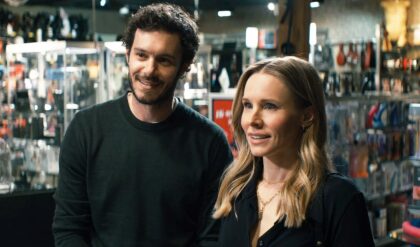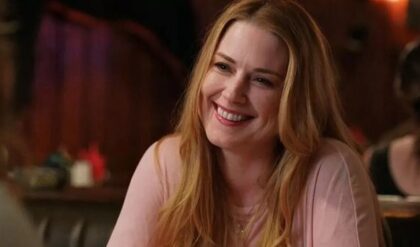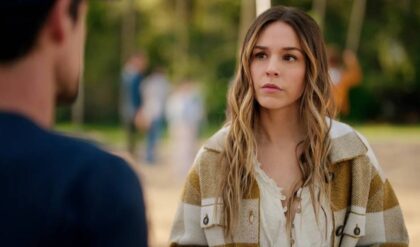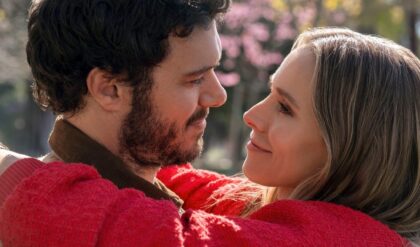
For seven glorious weeks in June and July, I was excited about Star Wars again, and it was all thanks to The Acolyte.
Created by Leslye Headland, the latest Star Wars series was a breath of fresh air for a franchise whose biggest live-action TV offerings had mostly devolved into stale Easter egg hunts. (Looking at you, The Mandalorian and Ahsoka.) While The Acolyte certainly wasn’t without its own Easter eggs, it was also primarily original material.
We got our first taste of the High Republic Era in live-action Star Wars, as well as new heroes in twins Mae and Osha (both played by Amandla Stenberg), and a new Sith Lord in the Stranger (Manny Jacinto). A cast of mostly original characters and a lack of gratuitous Skywalker cameos kept The Acolyte feeling fresh from week to week, as did its no-holds-barred action sequences, hints of enemies-to-lovers romance, and interrogation of the Jedi Order. By the time the finale rolled around, teasing exciting new possibilities for the show’s future, I was locked in and burning for more.
But on Tuesday, Deadline reported that Lucasfilm would not be renewing The Acolyte for a second season. According to the publisher, citing “sources”, the reasoning was ratings-based, with the season finale drawing what is believed to be the lowest minutes viewed for a Star Wars finale.

Manny Jacinto and Amandla Stenberg in “The Acolyte.” Credit: Lucasfilm Ltd.
The cancellation might make sense from a numbers standpoint, as The Acolyte‘s budget was reportedly $180 million for eight episodes. (Never mind that a Star Wars show with fewer connections to existing IP was always going to be a riskier bet.) But from a storytelling standpoint, the decision does a major disservice to Star Wars going forward. It sends the unfortunate message that any attempts at original storytelling will be sidelined in favor of more self-referential slogs. Nothing new is allowed, nor is any show given the chance to grow past its first season unless it’s an instant smash hit. So why even bother getting invested in a new Star Wars series in the first place? (Notably, Andor, the best Star Wars series, was guaranteed a Season 2 from the jump. Could you imagine if its low viewership resulted in an Acolyte-style cancellation?)
‘The Acolyte’ gave me hope for the future of Star Wars. Now, I’m not so sure.
Of course, there is a nasty flip side to that fandom. Bigoted, so-called Star Wars “fans” took every opportunity to attack the series with racist, sexist, and homophobic rhetoric, all because The Acolyte dared center women and people of color. Stenberg has been a target for this vitriol since her role in the show was announced, the same kind of racist attacks Star Wars actors like John Boyega, Kelly Marie Tran, and Moses Ingram faced before her. Following the cancellation announcement, comments on Stenberg’s social media have been a parade of hateful gloating. (Thankfully, there is still quite a bit of support.) Clearly, this subset of the Star Wars audience views The Acolyte‘s cancellation as a moral victory and as proof that Star Wars remains “theirs.”
That Lucasfilm and Disney did little to speak out against this hate during The Acolyte‘s run speaks volumes. That they continue to push aside audience members eager for something new speaks volumes too. As one of those audience members, The Acolyte gave me hope for the future of Star Wars. Now, I’m not so sure.





